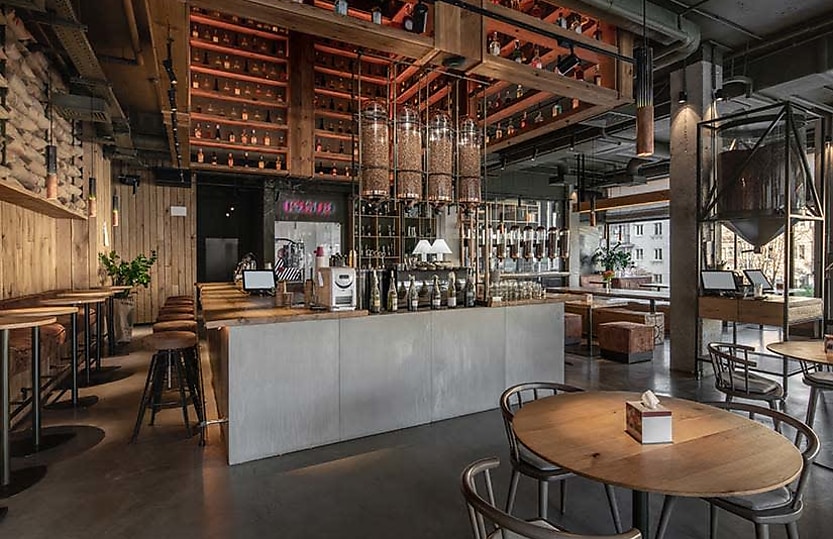Black Friday? Cafes, restaurants charge towards black hole

Retail is enjoying a sales-driven reprieve but no such luck for hospitality, with record numbers leaving or going bust.
Cafes and restaurants are charging towards a black hole of discretionary spending with almost seven in 100 closing, failing or collapsing into administration in the past year, according to CreditorWatch.
The credit bureau’s economist Anneke Thompson said the discretionary retail sector was enjoying a temporary reprieve with the Black Friday sales but there was no such luck for hospitality, which was well ahead of other sectors when it came to company exits.
“Business failures include ASIC strike-offs – so that's external administrations plus businesses voluntarily closing or closing for whatever reason – it's much, much higher at 6.8 per cent,” she said, according to internal CreditorWatch data. “The next highest rate is the transport, post and warehouse sector which is 4.4 per cent and every other industry ranges between 3.3- 4.4 per cent. It is very much an outlier.”
She said hospitality businesses were suffering from a convergence of negative factors.
“They tend to be owned by small business operators, so it’s much harder for them to have large cash reserves when demand slows or supply costs increase,” she said.
“The other issue is rent. They're really beholden to commercial rents and landlord behaviour. Other industries are not paying the highest rent around that food and beverage operators have to pay.”
She said the October retail turnover figures, released yesterday by the ABS, revealed two consecutive months of downturns for hospitality and unlike discretionary retail, Black Friday offered little reprieve.
“People expected that sales in most sectors would be slower because a lot of consumers are waiting for Black Friday. So we'll get a huge increase in November and then they'll go back down again in December.
“But you don't wait for a Black Friday sale restaurant.”
“Eating out in cafes and restaurant had been quite resilient up until a couple of months ago, but it seems now consumers are starting to pull back in this sector as well.”
The ABS data showed clothing and footwear led the October retail turnover decline, down 1 per cent month-on-month, with household goods and department stores also reversing their September growth figures for falls of 0.6 per cent.
However, cafes, restaurants and takeaway outlets recorded the second straight month of declining turnover with -0.4 per cent in October following -0.3 per cent in September.
ABS head of retail statistics Ben Dorber agreed that “consumers hit the pause button” in October with the prospect of the Black Friday bargains only weeks away but hospitality had gone into reverse.
“Spending in cafes, restaurants and takeaway food services has slowed in recent months in response to rising food prices and cost-of-living pressures. It is now back to a similar level to what we saw in July,” he said.
ASIC figures released yesterday showed 524 insolvencies in food and hospitality for the financial year to date, a 47 per cent increase on last year and rising much quicker than collapses in construction.
It also recorded 277 retail insolvencies since July, a 57 per cent increase but half the number of businesses shuttered compared to hospitality.
Ms Thompson said one in 100 food and beverage companies had collapsed in the past 12 months and the future offered little respite.
“The available cash now is starting to run out particularly with younger patrons who are the ones running out of cash reserves first and seeing their cost of living rise at a much faster pace than their incomes,” she said.
“It'll be really challenging for the sector until interest rates start to fall and I don't expect there to be any relief in rents, either. The two are strongly correlated because higher interest payments are passed on to tenants.”
She said if cafes and restaurants benefited from a busy Christmas period, they would soon come back to earth with a bump.
“Once that big season is over and they run the numbers and see if they can keep going on, I think you'll start to see more casualties around the end of Q1 and into Q2.”
“The other added challenge is the ATO, and they're now becoming more diligent in chasing down debt.”
“We don't have the data to show the debt by industry, but it tends to be the smaller operators who don't have professional bookkeepers or professional accountants on the payroll who are being challenged by some of those debts.”
About the author







